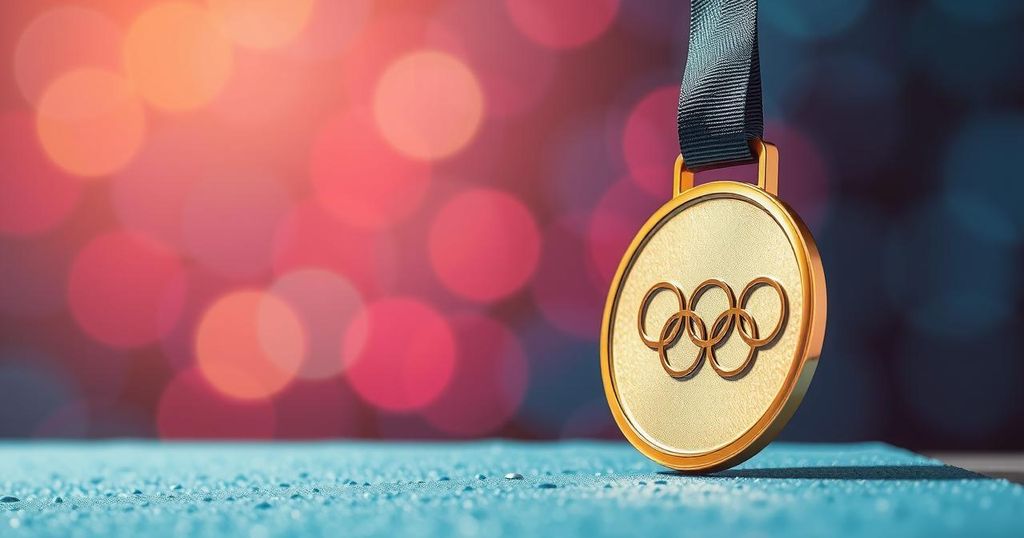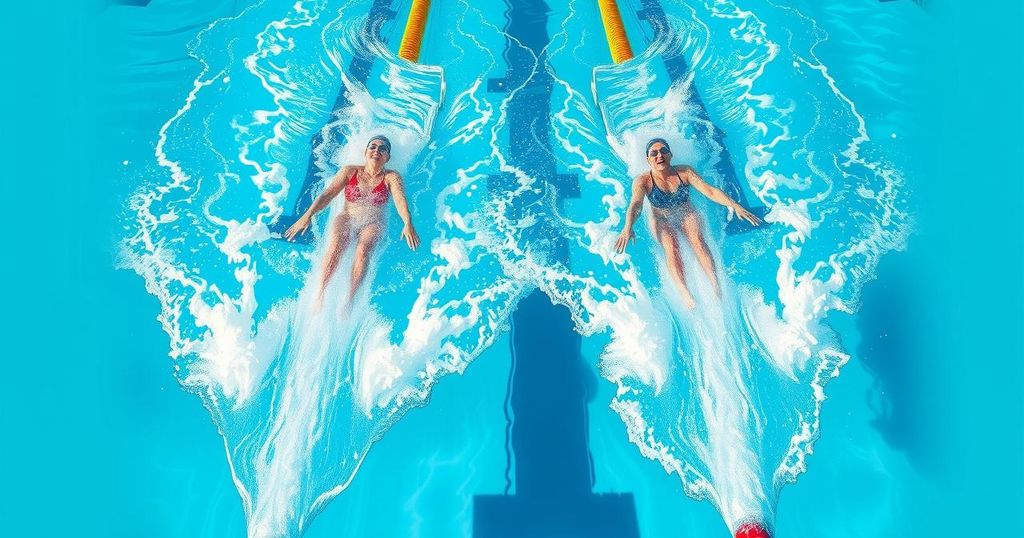Issues Arise as 100 Athletes Return Medals from 2024 Paris Olympics
Approximately 100 athletes have returned their medals from the 2024 Paris Olympics due to significant wear, prompting an IOC investigation. The deterioration has been attributed to a change in varnish intended for sustainability, which has led to complaints about the medals’ quality. The IOC plans to replace all affected medals by April 2025, ensuring they meet the expected standards of excellence.
Approximately 100 athletes from the 2024 Paris Olympic Games have returned their medals due to considerable wear and tear. The International Olympic Committee (IOC) is actively investigating this situation, which has evoked frustration among the winners. Feedback on social media has highlighted the medals’ poor condition, leading some to label them as poor quality relics from previous Olympic Games.
The issue primarily arises from a substitution in the varnish used on the medals. A previous varnish containing chromium trioxide was replaced for sustainability concerns, but the new varnish has resulted in significant degradation of the medals. Athletes have expressed disappointment, with some likening the feel of the medals to “crocodile skin” and noting that their appearance is reminiscent of items that have seen severe wear.
The medals were intended to reflect a commitment to sustainability by utilizing recycled materials from donated electronic devices. However, the inferior composition of the bronze medals, made from a blend of copper, zinc, and tin, has made them more susceptible to damage compared to their gold and silver counterparts.
To address this concern, the Organising Committee of the Paris Games is collaborating with the Paris Mint to rectify the issue. IOC officials have assured that defective medals will be systematically replaced by the end of the first quarter of 2025, with identical engravings maintained. This commitment aims to restore the integrity of the awards bestowed upon the athletes.
The 2024 Paris Olympics, held in Paris, France, encountered unexpected complications following the event. Athletes, who dedicated years of training and sacrifice to acquire medals, were dismayed to discover the medals exhibited signs of severe damage shortly after the Games. The IOC is tasked with ensuring the credibility and quality of the Olympic medals and responding promptly to uphold the Games’ esteemed reputation. The current predicament raises questions about the medal production process and the materials employed, leading to scrutiny of the sustainability measures adopted. The situation gained traction as affected athletes voiced their grievances on social media platforms, prompting widespread responses from the sporting community. Pressure mounted on the IOC and organizing committees to ensure such malfunctions do not diminish the prestige associated with Olympic accomplishments. The Paris Games promised a legacy of sustainability, a focus juxtaposed against the quality expectations associated with Olympic awards. This scenario unfolds as an important reminder of the delicate balance between environmental initiatives and product quality.
In summary, around 100 athletes have returned their 2024 Paris Olympic medals due to severe wear and tear, prompting an investigation by the IOC. The substitution of the varnish used for the medals, aimed at enhancing sustainability, has unfortunately compromised their quality. The Paris Organising Committee, alongside the Paris Mint, has pledged to replace all affected medals by April 2025, restoring their integrity. This incident underscores the importance of balancing innovation with traditional excellence in Olympic craftsmanship.
Original Source: euroweeklynews.com








Post Comment